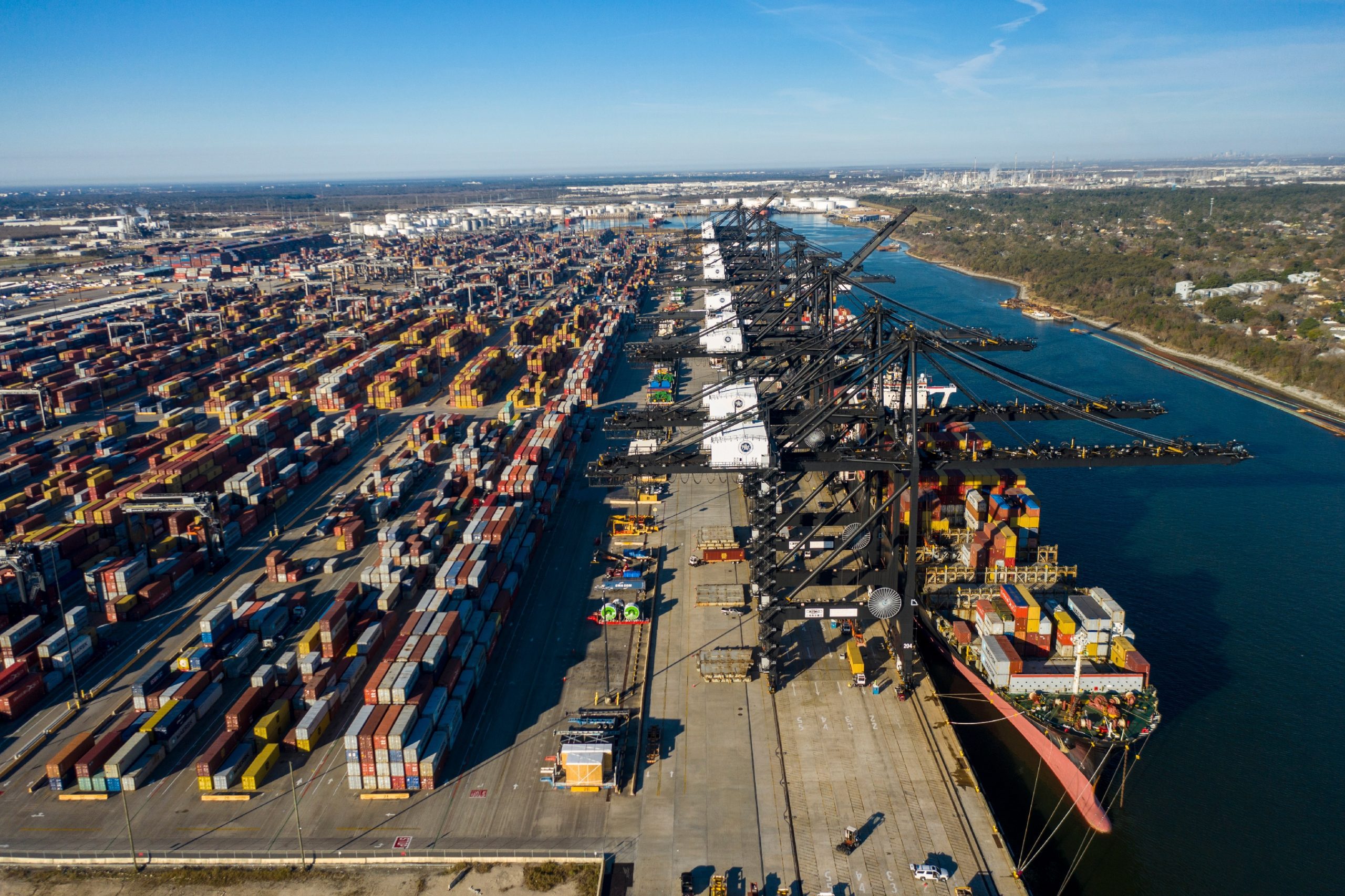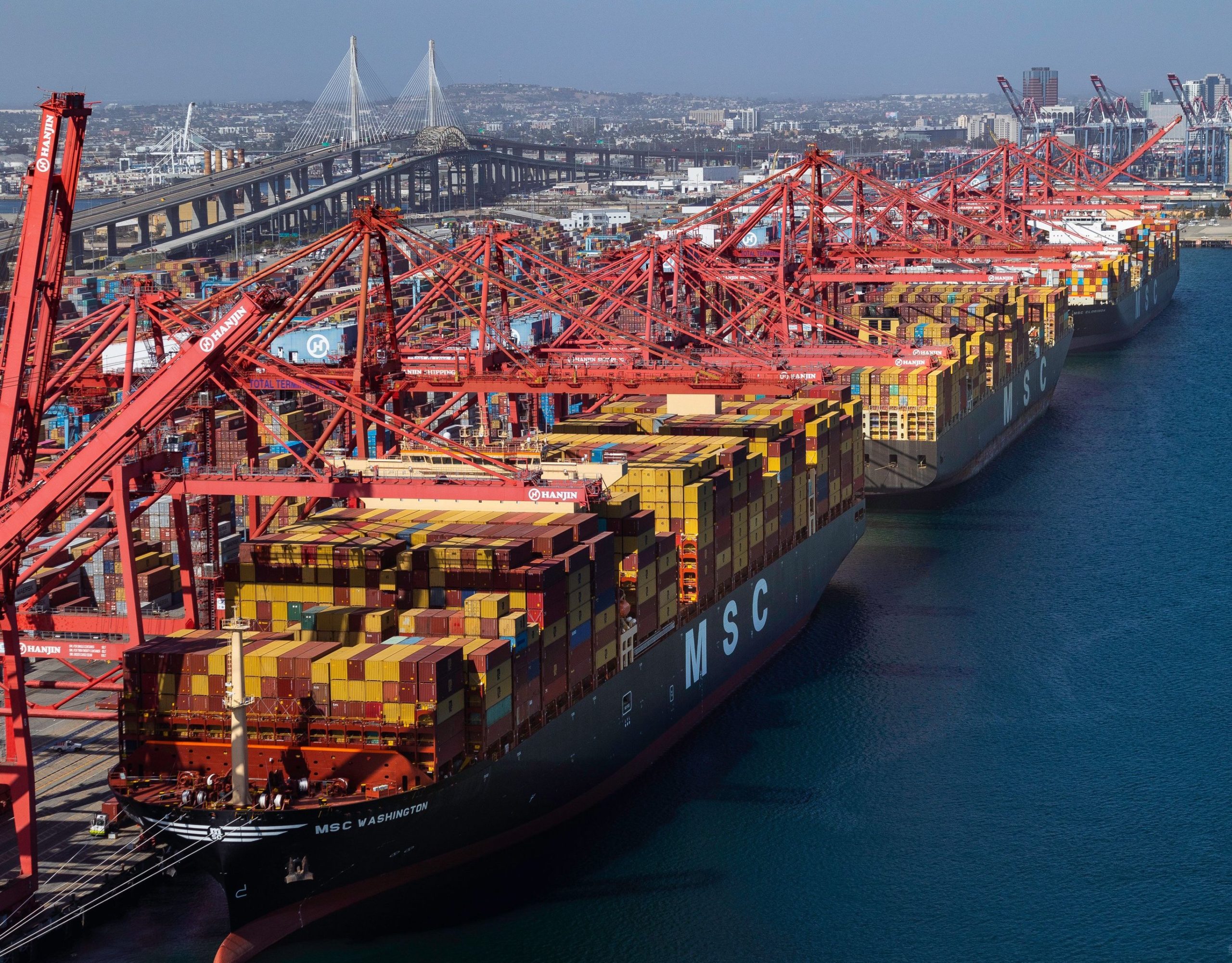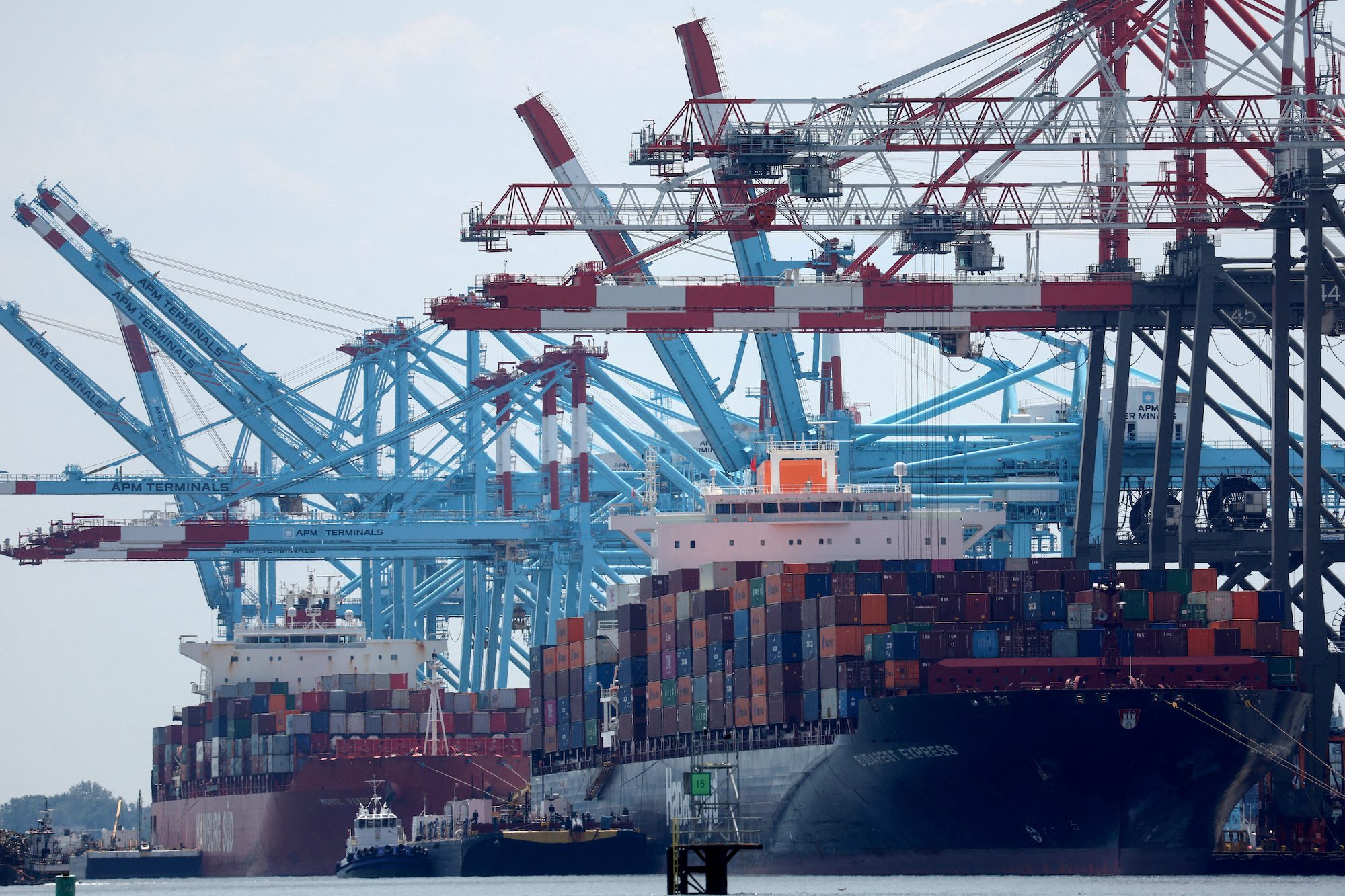The International Longshoremen’s Association (ILA) has suspended negotiations with the United States Maritime Alliance over a new labor contract for dockworkers at U.S. East Coast and Gulf Coast ports, fueling concerns over potential strike action that could exacerbate already strained supply chains.
The current labor contract is set to expire at the end of September.
Peter Sand, Chief Analyst at freight benchmarking firm Xeneta, says the threat could accelerate the front-loading of imports by shippers already faced with Red Sea disruptions.
“The frontloading of imports is part of a toxic cocktail of factors which has caused severe port congestion in Asia and Europe and the dramatic increases of more than USD 2 000 per FEU in ocean freight container shipping spot rates. It seems shippers are caught in a vicious circle where any action they take to protect their supply chains can result in making the situation worse,” said Sand.
Recent data from Xeneta reveals that average spot rates from the Far East to the U.S. East Coast have surged by 64% since the end of April. During the first four months of 2024, more than 40% of total container imports from the Far East into the U.S. arrived via ports on the East and Gulf coasts.
Sand further suggested that shippers might consider importing into the U.S. West Coast, should disruptions on the East Coast become a major concern. However, he warns that this could tighten capacity and keep rates higher for longer.
The situation recalls last year’s prolonged labor negotiations between the Pacific Maritime Association (PMA) and the International Longshore and Warehouse Union (ILWU) on the West Coast, which resulted in West Coast ports losing market share as containerized imports shifted east.
“If an agreement cannot be reached and strike action takes place when ocean freight container networks are still under extreme pressure, it could be a hugely difficult end to 2024,” said Sand.
Editorial Standards · Corrections · About gCaptain

 Join The Club
Join The Club











